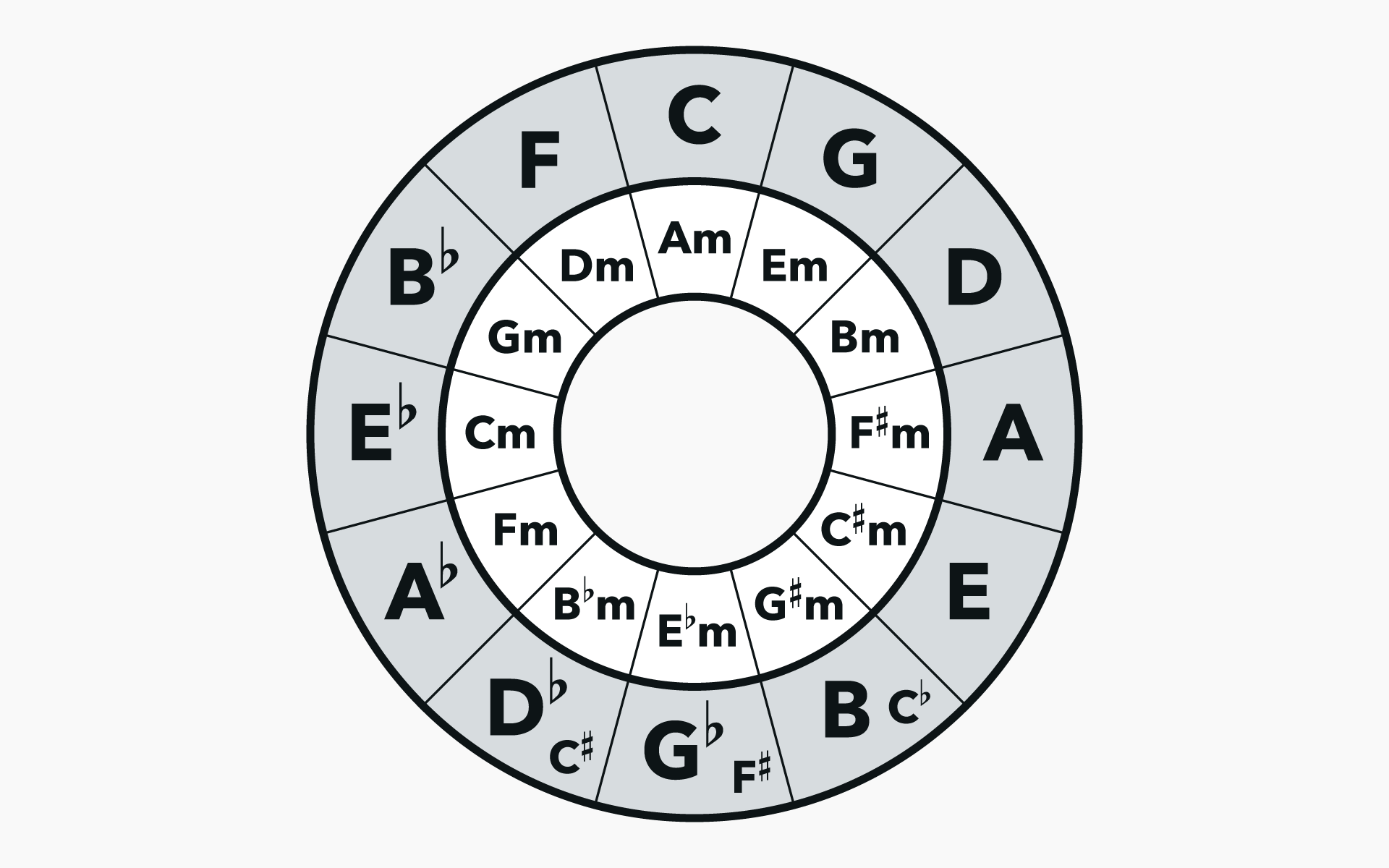There are two topics they say never to bring up with your inlaws – religion and politics. Funny enough, those same topics carry some baggage for songwriters, too, though not for the same reasons. These topics are difficult for us songwriters to deliver believably and purposefully. Writing about them is almost always biting off more than we can chew. They are what I refer to as ‘Big Message Songs,’ where the immensity of the subject calls for a commensurate emotional reaction – which is where we often fall short.
TAKE A SONGWRITING COURSE WITH ANDREA STOLPE
The intent of Big Message Songs is to convey a truth we feel strongly about, and do so in a manner that invites the audience to think and feel as we think and feel. But the result is sometimes a song that audiences feel is short-baked, idealistic, or trite.
The challenge is that we’re not writing about a small and personal moment, but about a big concept that our listener already has feelings and opinions about.
So how do we write Big Message Songs effectively? I’d like to suggest a few ideas, in the hopes it may help deliver these important songs with better results.
One way is to find a small moment. Make the idea personal, while expanding to the universal ‘we.’
John Mayer does this right away in his song ‘Waiting on the World to Change:’
Me and all my friends
We’re all misunderstood
They say we stand for nothing and
There’s no way we ever could
Now we see everything that’s going wrong
With the world and those who lead it
We just feel like we don’t have the means
To rise above and beat it
The singer establishes that it’s not only his personal story, but the stories of many. Notice how the song becomes less about the issue and more about the singer’s feelings when we turn the point of view inward to ‘I’:
Lately I
I felt misunderstood
They say I stand for nothing and
There’s no way I ever could
Now I see everything that’s going wrong
With the world and those who lead it
I just feel like I don’t have the means
To rise above and beat it
Now, let’s see what happens when the point of view allows for ‘you’ instead of ‘they’:
Me and all my friends
we’re all misunderstood
You say we stand for nothing and
There’s no way we ever could
Now we see everything that’s going wrong
With the world and those who lead it
we just feel like I don’t have the means
To rise above and beat it
The result here is finger-pointing, not establishing who ‘you’ is but certainly making the ‘you’ an enemy. Point of view has great power to help us writers find our neutral position, where we can be received by the listener in a non-judgmental tone.
Another John Mayer tune provides a great example of how using ‘she’ in the specific moment of the verse helps the song move towards summarizing a larger and more universal point in the chorus. The focus of the song message is not the girl or the singer’s relationship with her, but what the singer has realized about life and love because of their relationship:
Verse:
I know a girl
She puts the color inside of my world
But, she’s just like a maze
Where all of the walls all continually change
And I’ve done all I can
To stand on her steps with my heart in my hand
Now I’m starting to see
Maybe It’s got nothing to do with me
Chorus:
Fathers, be good to your daughters
Daughters will love like you do
Girls become lovers who turn into mothers
So mothers be good to your daughters too
The chorus summarizes the bigger point that pertains to us all. The specific instance the verse describes gives the singer credibility to say what he’s saying in the chorus.
Other ways we can help our Big Message Songs to be more effective is to avoid cliche in the verse, never assuming for a moment that your listener agrees with you or knows what you mean without explanation. The verse is where you show the listener, through a specific experience, why you have come to believe what you believe (the chorus message).
If you find it difficult to settle on a specific moment in the first verse, try writing a first verse and chorus, then letting your first verse be verse two, writing a new first verse. You’ve gotten all the generalizations out of your system, and now you’re ready to sit down and get real in verse 1.
And remember, don’t lecture your listener. When we include ourselves in the problem and the solution, we are treading on more neutral ground.
I’ll leave you with a lyric that speaks to the times and upholds many of the tools I’ve touched on here. It’s a wonderful example of how mainstream songwriting still touts some great craft.
Sometimes a certain smell will take me back to when I was young
How come I’m never able to identify where it’s coming from
I’d make a candle out of it if I ever found it
Try to sell it, never sell out of it, I’d probably only sell one
It’d be to my brother, ’cause we have the same nose
Same clothes homegrown a stone’s throw from a creek we used to roam
But it would remind us of when nothing really mattered
Out of student loans and tree-house homes we all would take the latter
My name’s Blurryface and I care what you think
My name’s Blurryface and I care what you think
Wish we could turn back time, to the good old days
When our momma sang us to sleep but now we’re stressed out
Wish we could turn back time, to the good old days
When our momma sang us to sleep but now we’re stressed out
(Stressed Out Twenty One Pilots)
STUDY SONGWRITING WITH BERKLEE ONLINE












